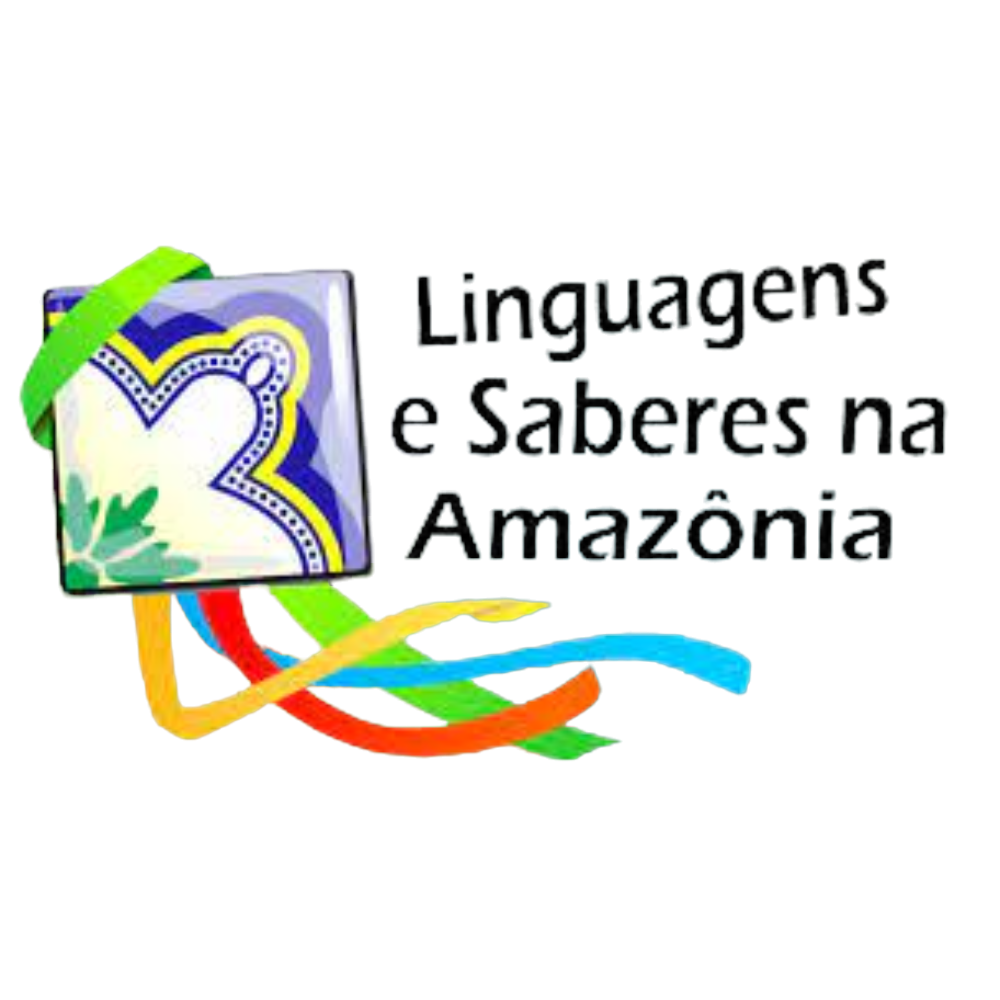
The PPLSA is based on the need for interdisciplinary work between the Lines to promote research into historical and cultural problems in the Amazon, understanding theories, methodologies, and methods aimed at unveiling the studied objects. The single area of concentration, Languages and Knowledge, aims to analyze experiences related to repertoires of knowledge, languages, and cultures, such as social practices, the areas and dimensions of their representations, and the socialization of the knowledge produced, by observing the interaction of subjects with and about the environment in the Amazon. To achieve these goals, it is imperative to go beyond the limits of disciplinary knowledge towards an interdisciplinary theoretical-practical discussion, which is necessary to understand and seek solutions to the social phenomena manifested in capitalist society.
Research Lines:
Education, Languages, and Interculturality in the Amazon
The research line favors the interaction of different areas of knowledge and interdisciplinary research, enabling interaction in studies related to education, languages and interculturality in Amazonian territories, considering the intersectionality of gender, race and social class. The axes that guide the research involve approaches between education, historicities, languages, subjectivities, representations, ways of producing life, work, cultural knowledge, educational practices, curricula, teacher training, ethnic-racial relations, childhood and people with disabilities, enabling dialogues between the different types of knowledge that circulate in Amazonian territories.
Language, Culture and Translation in Amazonia
The Line aims to promote research of a linguistic nature that covers studies of the lexicon in its relationship with Amazonian culture and with the linguistic and cultural contacts established in the region for the formation of the common, specialty and onomastic lexicon; studies of indigenous languages and regional Portuguese in its various realizations; research in the field of translation as a communicative and intercultural activity, considering its interfaces with cultural, philosophical and linguistic studies; Languages in Contact and terminological interminglings; identity, ethical and ideological issues present in texts/discourses and their implications for the translator's work. It involves socio-cultural practices and processes in different contexts, such as the Arts (Literature, Music, Plastic Arts, among others), Social Communication, Education and Linguistic Policy, as well as verbal, non-verbal and/or syncretic texts produced in their respective spheres, through semiotic and/or Applied Linguistics approaches, oriented towards understanding such objects as significant social practices and processes.
Narratives, Memories and Images in the Amazon
It brings together studies in the field of literature and oral or written history in the Amazon and around the world, which aim to reflect on narratology, imagery, symbolism and memorialization, using different textual genres (novels, reports, testimonies, documents, images). The line aims to rethink interdisciplinar dialog from the perspective of factuality/fictionality and new media, artistic and technological languages. It therefore includes research projects aimed at understanding bibliographic, audiovisual and ethnographic processes in the repertoire of the Amazon and the world as a target/source of discursive productions in diferente spheres of human language.]
Socio-biodiversity and health in the Amazon.
Studies of the knowledge, languages, practices, cultures, health and environments of groups and communities that make up Amazonian socio-biodiversity in its dimensions and relations with humans and non-humans. Research related to gender, generation and ethnic-racial relations, with an emphasis on food, the body, rituals and healing festivals (manipulation of plants, body painting, artifacts and animal oil linked to their symbolic, shamanic and material practices). Epidemiological research into infectious agents, parasites, control strategies, treatment and prevention; health promotion in different population groups and life cycles. Studies relating local ecological knowledge to socio-economic production practices, public environmental policies, education and the social ecology of mangroves. Territoriality, governance, use and appropriation of natural resources.